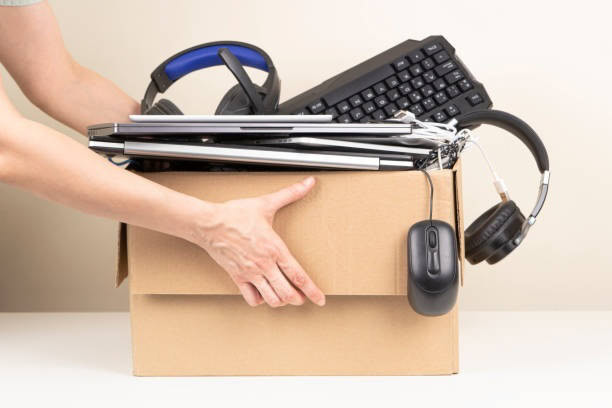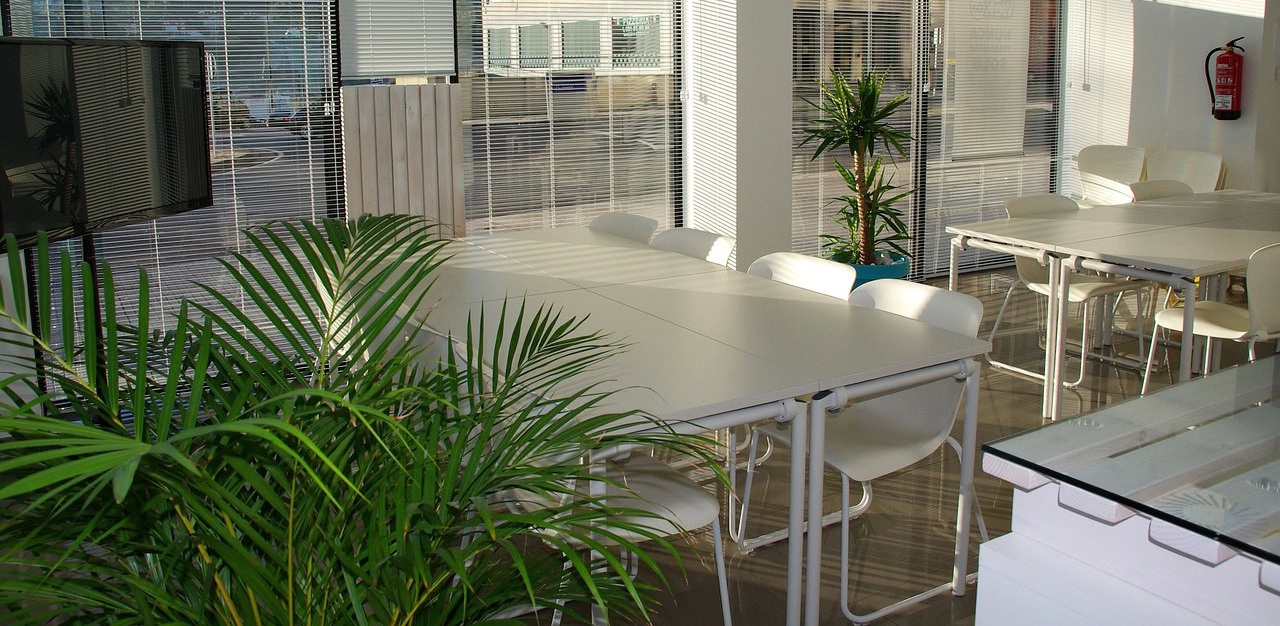Recycling and Disposal Services for Office Assets: An Efficient Solution for Managing Unused Items
In the ever-evolving business world, companies often face the challenge of managing unused office assets such as electronic equipment, furniture, and various other items. Whether due to office relocations, equipment upgrades, or simply an effort to reduce clutter, a significant amount of unused items can accumulate. Recycling and disposal services for office assets offer an efficient solution for managing these items responsibly and in an environmentally friendly manner.
Why Proper Recycling and Disposal Matter
Improper disposal of office items can have negative environmental impacts and may also harm the company in terms of cost and reputation. For instance, improper disposal of electronic devices can lead to data breaches, while accumulating unused furniture in storage can take up valuable space that could be used for other purposes.
Furthermore, many countries and regions have strict regulations regarding the disposal of electronic waste and other office items. Failure to comply with these regulations can result in significant fines. Therefore, using the right recycling and disposal services not only helps protect the environment but also shields the company from legal and financial risks.
How Recycling and Disposal Services Work
Recycling and disposal services for office assets generally offer a comprehensive process, from collection to the final processing of unused items. Here are some common steps involved in these services:
1. Asset Assessment and Collection
The first step in the process is asset assessment. The service provider will inventory the items to be recycled or disposed of. After the assessment, the items will be collected and transported to a recycling or disposal facility.
2. Sorting and Categorization
At the recycling facility, the items are sorted based on material type. For example, electronic devices are separated from furniture, and plastics are separated from metals. This categorization is crucial to ensure that each material type can be recycled or disposed of in the most efficient and environmentally friendly way.
3. Data Destruction
One critical aspect of disposing of electronic devices is data destruction. Before being recycled, all data on electronic devices such as computers, hard drives, and other equipment must be thoroughly erased to prevent potential breaches of sensitive information.
4. Recycling and Disposal
After sorting and data destruction, the items are processed for recycling or disposal. Recyclable materials, such as metals, plastics, and glass, are reprocessed for use in new products. Meanwhile, non-recyclable materials are disposed of according to environmental regulations.
5. Reporting and Certification
Many recycling and disposal services also provide reporting and certification for companies. This includes reports on the amount of items recycled, the types of materials processed, and proof that disposal was carried out in accordance with environmental standards and regulations. This certification can be useful for companies looking to demonstrate their commitment to sustainability and social responsibility.
Benefits of Using Recycling and Disposal Services
1. Space and Resource Efficiency
By removing items that are no longer needed, companies can optimize the use of available space. Additionally, these services help companies avoid the costs associated with long-term storage of unused items.
2. Environmental Impact Reduction
Recycling services help reduce the amount of waste that ends up in landfills and decrease the consumption of natural resources by recycling materials that can still be used. This is a crucial step in a company’s efforts to achieve environmental sustainability.
3. Data Security
In the digital age, protecting data is a top priority. Recycling services for electronic devices that also offer data destruction provide assurance that sensitive information will not fall into the wrong hands.
4. Regulatory Compliance
Using experienced recycling and disposal services ensures that the company complies with all local and international regulations related to the disposal of office items. This helps companies avoid potential fines and legal penalties.
5. Enhanced Company Reputation
Demonstrating a commitment to environmentally friendly business practices can enhance a company’s reputation in the eyes of customers, employees, and other stakeholders. It can also be a valuable asset in branding and marketing efforts.
Recycling and disposal services for office assets provide an efficient and responsible solution for managing unused items. By utilizing these services, companies can not only optimize the use of space and resources but also protect data security, comply with environmental regulations, and enhance their reputation as a socially responsible organization. In a business environment that is increasingly aware of the importance of social and environmental responsibility, choosing the right recycling and disposal services is a smart move that can offer long-term benefits for both the company and the planet.
Related stories
For many organizations, your office is seen as a cost of doing business. Rent, furniture, fixtures and equipment are written off over time and eventually replaced. But what if we started treating offices differently? What if we viewed them as assets that can hold value, adapt to change and contribute to long-term resilience? This shift […]
Walk into modern offices and you’ll see the motifs of sustainability: a living wall in reception, branded reusable mugs in the pantry, perhaps even a rooftop beehive. These are the sort of things that photograph well and tick boxes in annual reports. But what truly makes an office “green”? The uncomfortable truth is that many […]
Sustainability is everywhere in workplace design. From rooftop gardens to recycled coffee cups, offices are quick to showcase their “green” credentials. But how much of this activity delivers genuine environmental impact, and how much is simply optics?





























